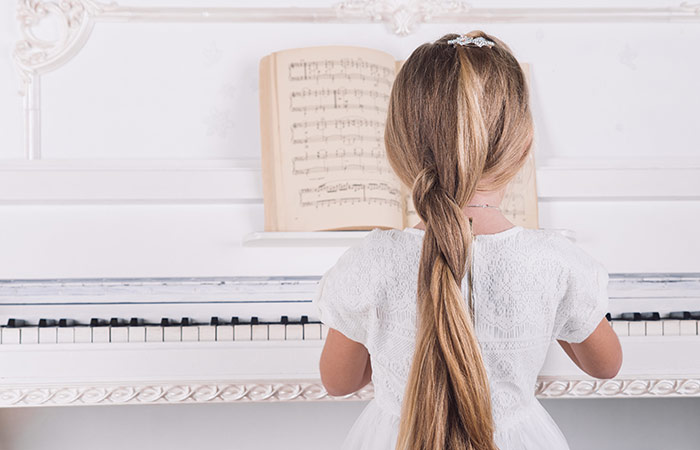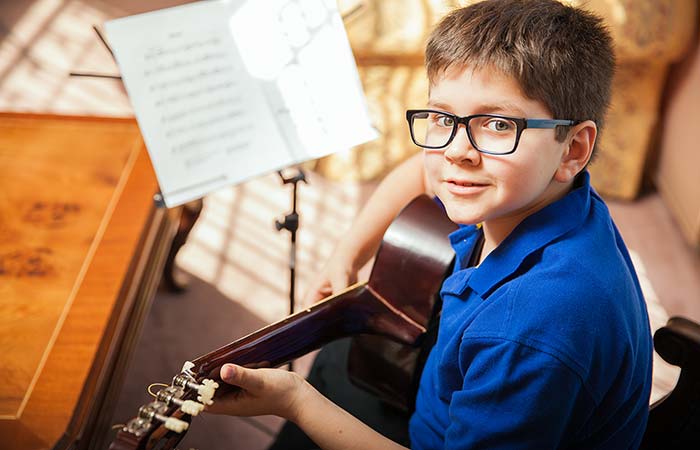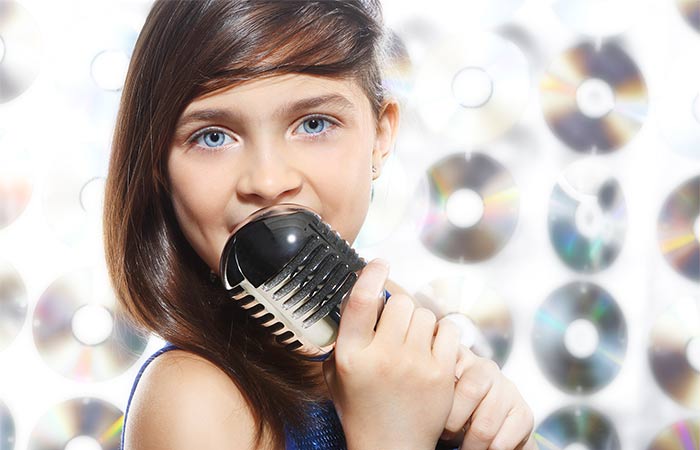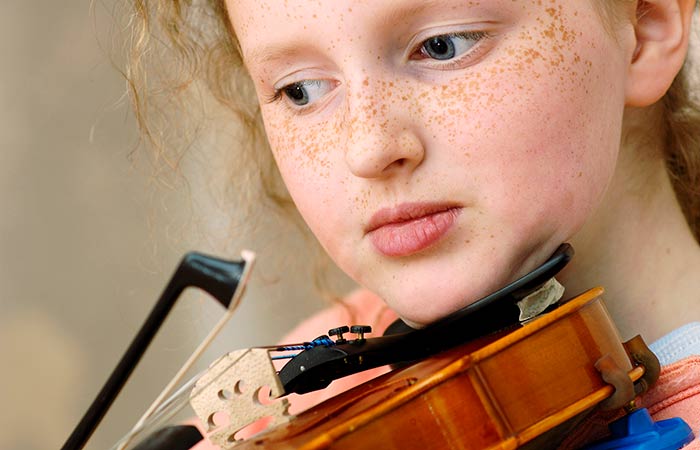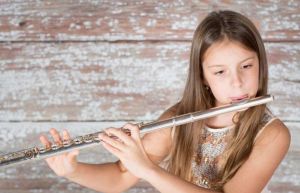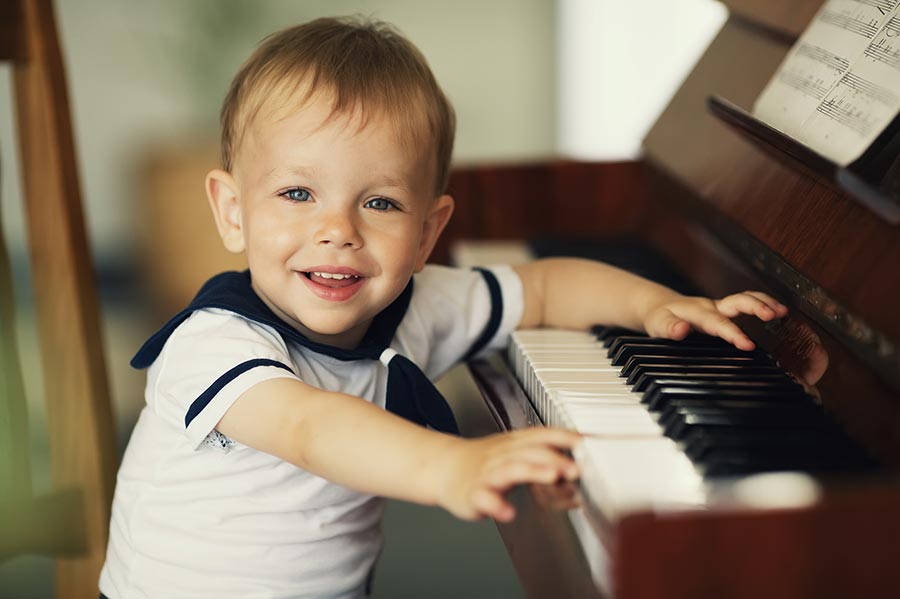For centuries, it has been a sign of high education
Since the invention of the piano, all parents who wanted their children to benefit from a high education have offered them the privilege to learn how to play this beautiful instrument.
When talking to grown-ups in the upper-middle class or upper-class circles, it is usual to hear people saying that they took piano lessons in their youth.
If you intend to educate your children well, you should definitely offer them this incredible opportunity as they will be extremely thankful at a later stage in their life.[/vc_column_text][/vc_column][/vc_row][vc_row][vc_column][vc_separator][/vc_column][/vc_row][vc_row][vc_column][vc_single_image image=”5122″ img_size=”full”][/vc_column][/vc_row][vc_row][vc_column][vc_column_text]
From a very young age, your child is exposed to the art world
Thanks to you, he or she will have the fantastic opportunity to develop his or her culture by being in touch with various composers such as Beethoven, Mozart, Chopin or Debussy and to grow up with their beautiful music.
By being surrounded by the most beautiful pieces ever written for the piano, it will open his or her mind to an extraordinary world, which he or she will be delighted to understand well as an adult.
Playing the piano will undoubtedly enhance his or her culture drastically![/vc_column_text][/vc_column][/vc_row][vc_row][vc_column][vc_separator][/vc_column][/vc_row][vc_row][vc_column][vc_single_image image=”5119″ img_size=”full”][/vc_column][/vc_row][vc_row][vc_column][vc_column_text]
It will help develop your child’s creativity far more than any other activity
Learning how to play the piano is an incredibly creative activity.
Playing the piano is not only about striking the right keys at the right time.
This only represents a part of it. The most important aspect of piano playing is the ability to understand a piece of music and to pass its meaning on to the audience.
Feeling and understanding music is a skill that is much easier to develop at a young age and sadly difficult to acquire for the adults who start playing the piano at a later stage in their life.
By learning how to play the piano early, your child will grow up with this amazing ability.[/vc_column_text][/vc_column][/vc_row][vc_row][vc_column][vc_separator][/vc_column][/vc_row][vc_row][vc_column][vc_single_image image=”5120″ img_size=”full”][/vc_column][/vc_row][vc_row][vc_column][vc_column_text]
Playing the piano will teach your child emotional intelligence
Sensing emotions and moods correctly is a crucial skill to develop for anyone, and it is definitely one of the character traits of wonderful men and women.
Playing the piano will surely help your child understand moods and emotions as he or she will continuously be in touch with the feelings expressed by various composers.
Growing up with this exceptional ability is a great gift to face life and its difficulties. It could definitely avoid several mistakes to be made in your child’s teenage and adult life.[/vc_column_text][/vc_column][/vc_row][vc_row][vc_column][vc_separator][/vc_column][/vc_row][vc_row][vc_column][vc_single_image image=”5121″ img_size=”full”][/vc_column][/vc_row][vc_row][vc_column][vc_column_text]
Playing the piano help increase aural abilities
While playing the piano, a pianist must focus on the tone quality he or she produces to ensure that the sound production matches the information given on the score by the composer.
By learning how to pay attention to sounds from a young age, your child will not only get used to listening to the various sounds heard in his or her daily life, but also to what other people say.
It is a proven fact that musicians are better listeners in a social setting, and therefore make better friends, spouses and work colleagues.[/vc_column_text][/vc_column][/vc_row][vc_row][vc_column][vc_separator][/vc_column][/vc_row][vc_row][vc_column][vc_single_image image=”5134″ img_size=”full”][/vc_column][/vc_row][vc_row][vc_column][vc_column_text]
It will play a significant role in your child’s motor skill development as well as teach him or her the relationship between brain and body
Playing the piano is both an intellectual and physical activity.
The intellect is at work while reading the score (notes, rhythms and musical signs). The soul plays its role in the interpretation of the piece (feelings, moods and emotions) while the body is used to communicate this information to the instrument itself.
What other activity can be more complete to educate your child fully and give him or her the opportunity to build this extraordinary relationship between brain, soul and body?[/vc_column_text][/vc_column][/vc_row][vc_row][vc_column][vc_separator][/vc_column][/vc_row][vc_row][vc_column][vc_single_image image=”5132″ img_size=”full”][/vc_column][/vc_row][vc_row][vc_column][vc_column_text]
Playing the piano participates greatly in developing multi-tasking skills
Multi-tasking is essential in our fast-moving world and children who play the piano can already have the immense opportunity to learn how to handle it without being anxious.
A pianist is required to execute various tasks at the same time. He must read the notes, rhythms and musical signs written on the score at the same time that he must press the right keys at the right time. On top of these activities, he must also feel the music he is playing to offer a beautiful interpretation to his audience and listen to his sound production while ensuring that all technical difficulties are well controlled.
This massive amount of tasks to be performed simultaneously is surely the most significant exercises to understand and develop the art of multi-tasking![/vc_column_text][/vc_column][/vc_row][vc_row][vc_column][vc_separator][/vc_column][/vc_row][vc_row][vc_column][vc_single_image image=”5126″ img_size=”full”][/vc_column][/vc_row][vc_row][vc_column][vc_column_text]
Your child will learn patience, focus and determination
We live in a world of fast results and immediate information thanks to our wonderful technology. It is remarkable, but it could be detrimental to our patience and ability to wait to obtain results.
Playing the piano well takes many years and countless hours of practice.
Your child will learn that results take time.
This learning will, in turn, develop patience in and your child.
Patience is an essential quality for your child to become successful in music and life!
Your child will learn that practice, focus and determination are necessary to succeed at piano playing.
Understanding these principles will surely prepare him or her for brilliant university studies and therefore an excellent professional career![/vc_column_text][/vc_column][/vc_row][vc_row][vc_column][vc_separator][/vc_column][/vc_row][vc_row][vc_column][vc_single_image image=”5135″ img_size=”full”][/vc_column][/vc_row][vc_row][vc_column][vc_column_text]
Your child will learn how to take responsibility for his or her actions
Playing the piano could be compared to looking at yourself in a mirror. If anything goes wrong technically or musically while playing a piece of music, it is entirely the fault of the pianist. Not the error of the instrument or the audience.
Individuals who have not learned from a young age that the things that they are unhappy with are due to their own decisions, tend to blame external factors.
They refuse to accept that they have created these bad circumstances themselves and are therefore unable to change them and find true happiness.
By learning how to play the piano, your child will already be facing this reality: You get what you repeatedly do.
The sound coming out of the piano is produced by the pianist only and it is a fantastic way to understand the sense of responsibility and being flexible to correct mistakes.
We cannot find a better example of the action/reaction phenomenal.
Understanding it extremely well will once again add a tremendous amount of qualities to your child’s personality.[/vc_column_text][/vc_column][/vc_row][vc_row][vc_column][vc_separator][/vc_column][/vc_row][vc_row][vc_column][vc_single_image image=”5129″ img_size=”full”][/vc_column][/vc_row][vc_row][vc_column][vc_column_text]
Your child will prepare for their future
Many adults regret not to have taken piano lessons in their youth and start learning later. It is a fantastic endeavour that we can only admire but learning at a later stage is undoubtedly harder for the reasons listed below.
You would surely regret greatly not to have offered piano lessons to your child when hearing twenty years later that he or she would like to start learning!
The hands of an adult are already formed while the hands of a child are so flexible and elastic that they develop in accordance to pianistic requirements.
Learning how to read music is equivalent to learning a language, and we all know that this task is much easier for children than for adults.
Feeling rhythms is an essential part of piano playing, and it is once again easier for children to feel their meaning as they are much more instinctive than adults.
Spontaneity is equally important as intellectualism in piano playing. Generally, children do not feel stressed or anxious yet. This relaxed behaviour allows them to take risks without the fear of failure which is sadly too engrained in an adult’s brain.
As a summary, the earlier an individual starts playing the piano, the better![/vc_column_text][/vc_column][/vc_row]
